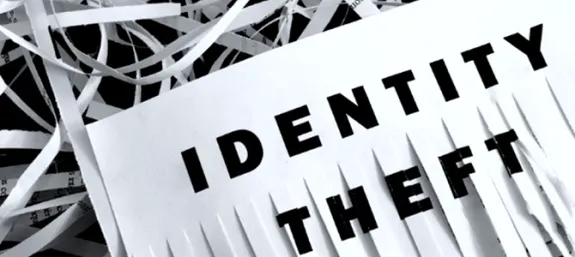
The most common goal for online social threats like phishing, spyware, and hackers is identity theft. ID theft occurs when someone uses your name, Social Security number, credit card number or other personal information without your permission. The FTC estimates that as many as 9 million Americans have their identities stolen each year.
Follow basic security tips
- Never use the “remember my password” function.
- Use Encryption.
- Always use a secure Wi-Fi connection. When you are on campus, make sure you use UAWiFi. If you are off-campus and do not have access to secure wireless, connect to the UA VPN.
- Beware of phishing. Check out our Phishing page for information.
- When shopping online, be sure that the page is “https” and has a lock icon on the bottom of the page.
- Shred paper documents that have sensitive data before discarding them.
- Destroy digital data when you get rid of a device.
- Protect your Social Security Number.
- Monitor your credit.
What to do if your identity has been stolen
- Go to IdentityTheft.gov for a comprehensive resource for identity theft.
- Place a fraud alert on your credit file by contacting any one of the three nationwide credit reporting agencies listed below. The alert will stay on your credit reports for 90 days.
- Equifax, (800) 525-6285
- Experian, (888) 397-3742 (fraud alert process available online)
- TransUnion, (800) 680-7289
- Get a free copy of your credit report from one of the three nationwide credit reporting agencies through a jointly administered website, such as AnnualCreditReport.com. Carefully review your credit report, credit card statements, and other personal financial account information. Look for suspicious activity.
- If you see new accounts or other suspicious activity, close accounts that you believe have been tampered with and file a complaint with the Federal Trade Commission.
- If your personal information has been used to commit a fraud, file a report with your local police department.
- Carefully review your personal financial information on an ongoing basis, and periodically obtain a copy of your credit report. You are entitled to receive a free credit file disclosure once every 12 months from each of the three nationwide consumer credit reporting agencies. You can keep checking for new activity at no cost to you throughout the year if you order a free copy from each agency one at a time spaced four months apart.
Resources
- IdentityTheft.gov
- FTC Identity Theft
- FTC Free Credit Report
- Identity Theft Resource Center
- OnGuardOnline Identity Theft
- Tax-Related Fraud and Identity Theft

